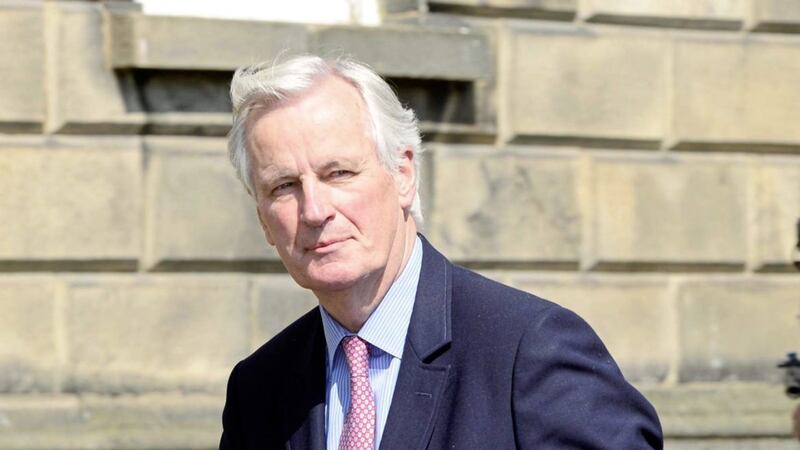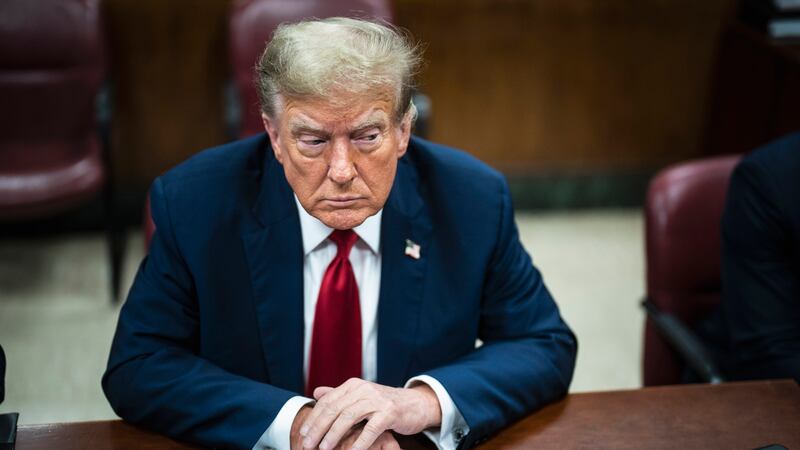THERE was never an expectation that EU chief Brexit negotiator Michel Barnier would say anything revelatory or especially controversial during his address to a special sitting of the Dáil and Seanad.
Such ceremonial occasions are rarely used to convey a particularly hard message.
His address – the first by anyone other than a head of state or prime minister – was more about the optics. It was about providing reassurance and demonstrating the high regard in which the Republic's government holds the European Union and how important Ireland also is to Brussels.
As Mr Barnier told the assembled TDs and senators, he was there to listen and to look at ways the EU's commitments around Brexit could work in practice.
So far though we are still at the shadow boxing stage with substantive negotiations yet to get begin.
There's a consensus on both sides that there'll be no hard border, yet nobody has said how this will work while also protecting the integrity of the EU's single market.
Today Mr Barnier will travel to Monaghan, close to what for now is an invisible, soft border, where he'll hear the concerns of those whose livelihoods rely on the free movement of goods from one jurisdiction to the other.
He's probably heard about these potential problems already but as a gesture it shows he cares.
Contrast this with the approach of the British, who beyond platitudes from Theresa May such as "no return to the borders of the past" have offered little insight into how they plan to progress Brexit.
The prime minister briefly graced the north with her presence last summer and was also supposed to visit ahead of triggering Article 50, but it is thought that plan was scuppered by Martin McGuinness's death.
David Davies, the minister overseeing the UK's withdrawal, was in the north in September but we haven't seen him since.
Last month, The Irish News reported how engagement with business organisations Mr Davis and Secretary of State James Brokenshire met that day has since petered out.
In the absence of a Stormont government, the people in the north can understandably feel they have no say in how Brexit evolves and at the moment only the Dublin government is making any effort to fill that void.
Such a scenario only underlines the growing sense that Downing Street cares little for Northern Ireland and its fortunes post-Brexit.

